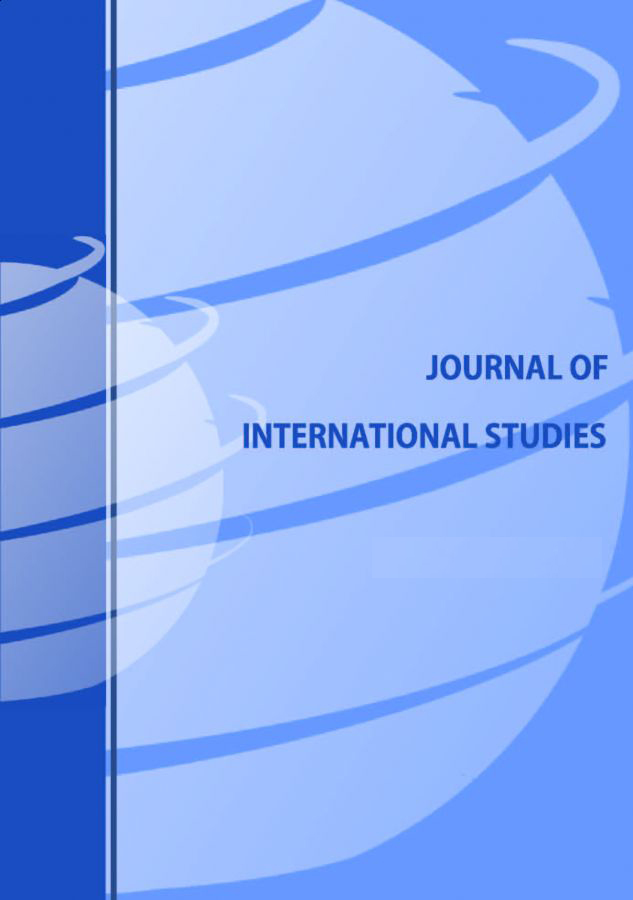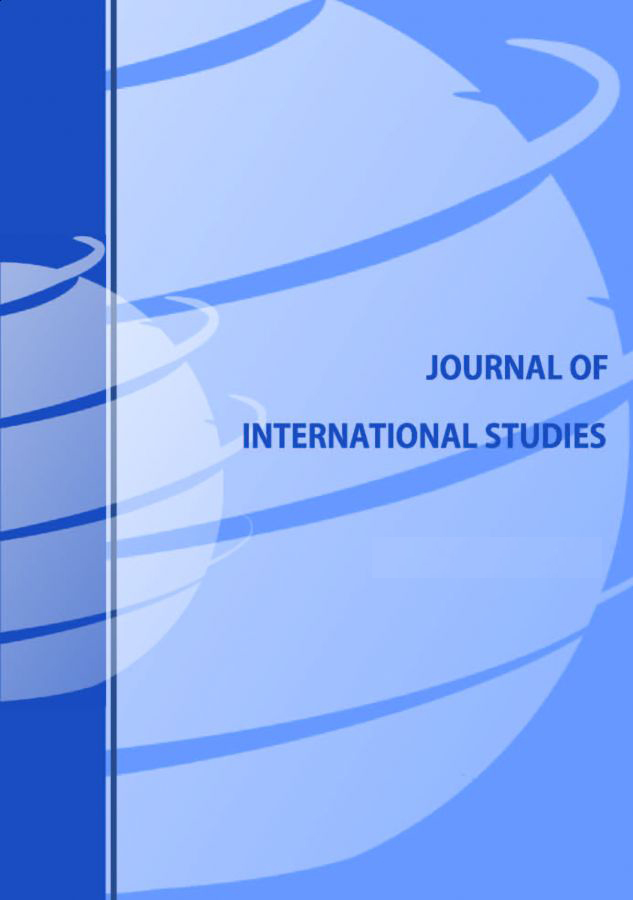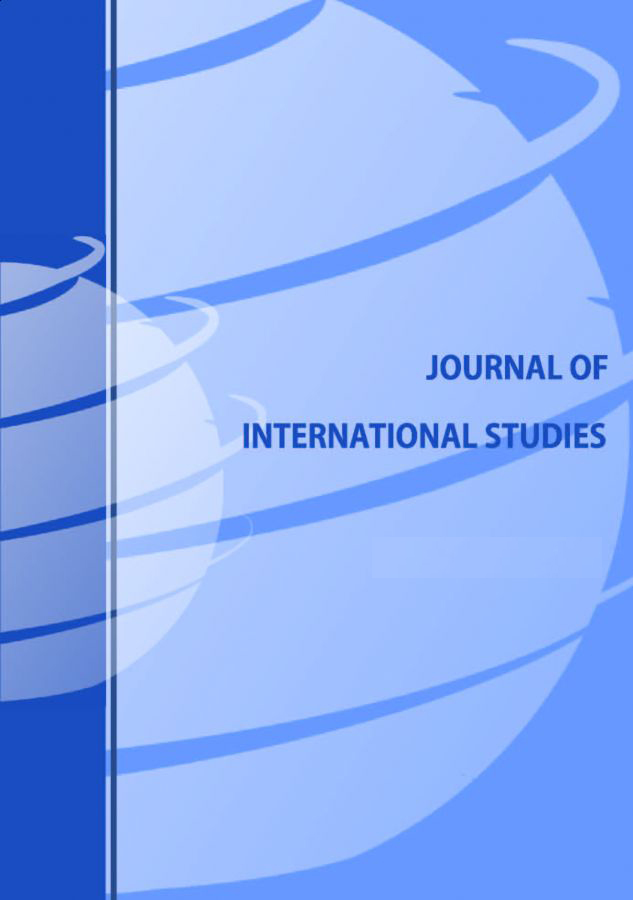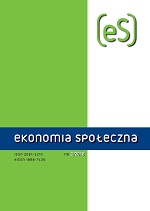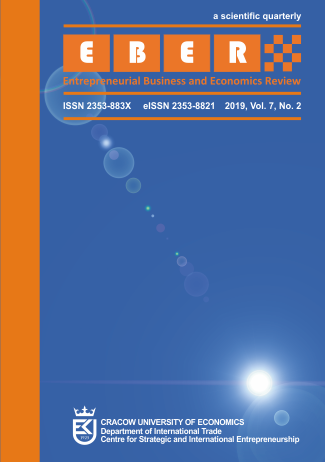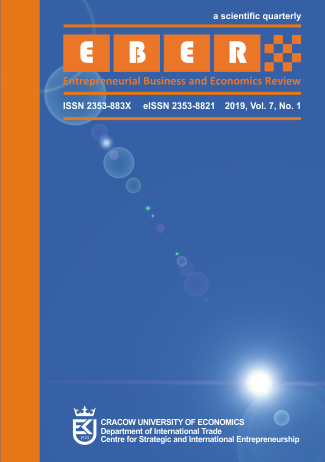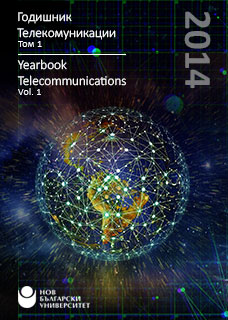
Specialized databases for spectrum managament research, analysis and forecasting of the effects of working electromagnetic fields
This article discusses the development and use of specialized databases built to gather information related to the radio frequency spectrum management and monitoring in the context of testing the performance of electromagnetic fields created by a wide range of devices and systems. Operational system architecture described by authors share their experience in the field of creation and use of these databases tools for comparison of frequency and coverage plans, and predicting the electromagnetic waves distribution for various fixed and mobile radio services. The actual problem has two sides, the first is related to broadcasting towers and base station transmitters, the second is related to hand held mobile terminals working in complex electromagnetic environment and close to human body.
More...
